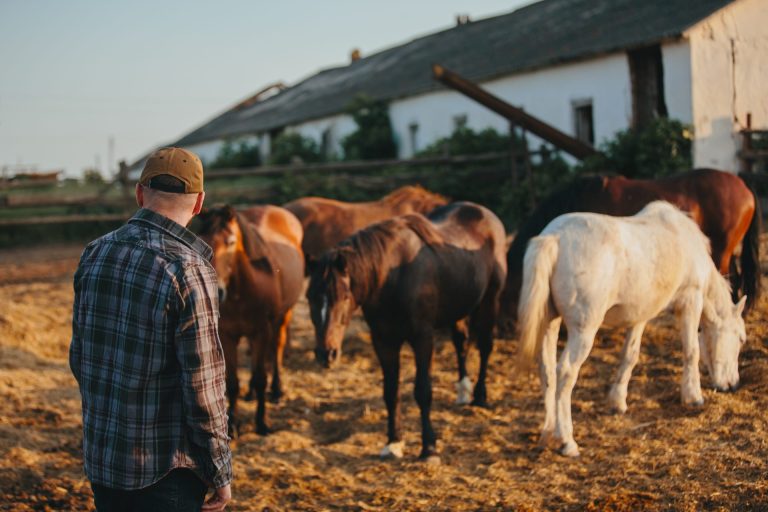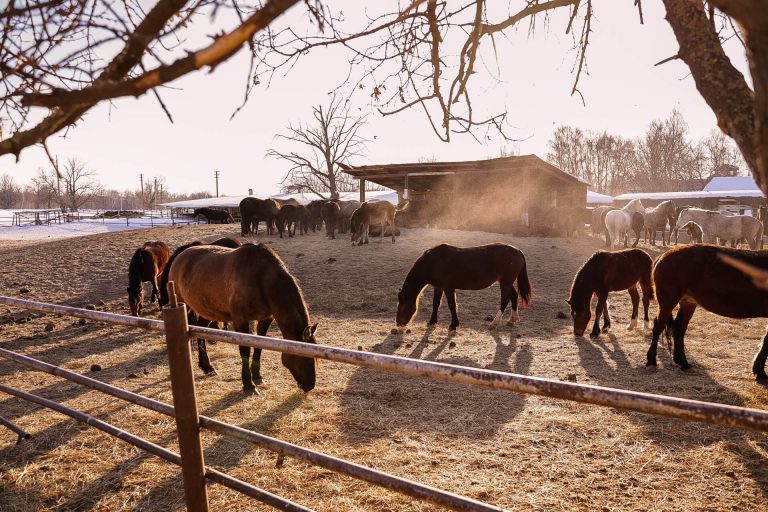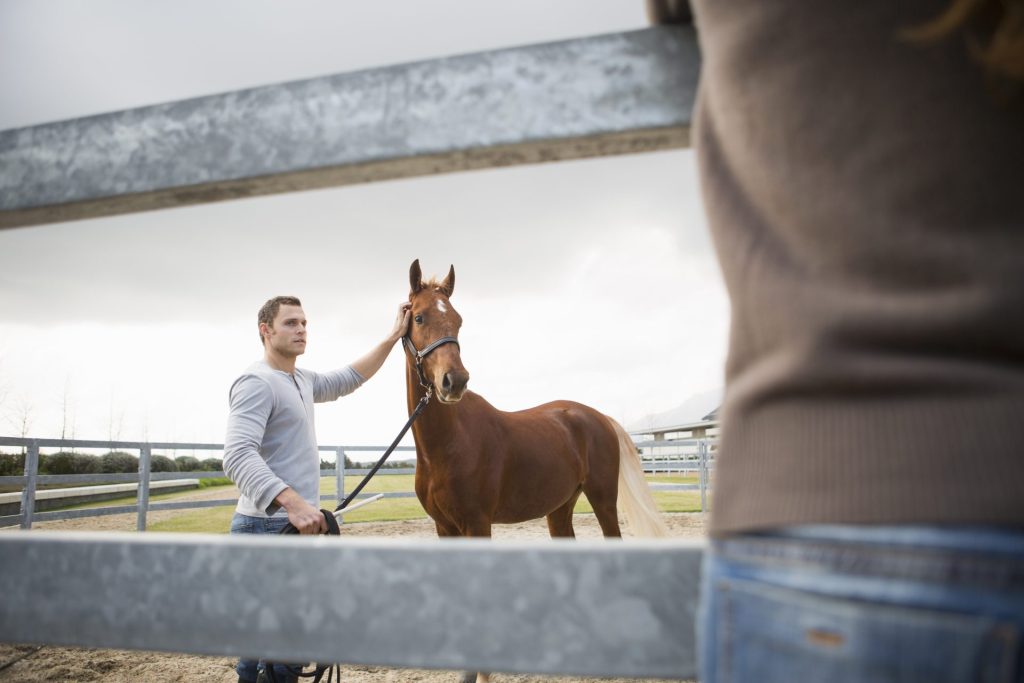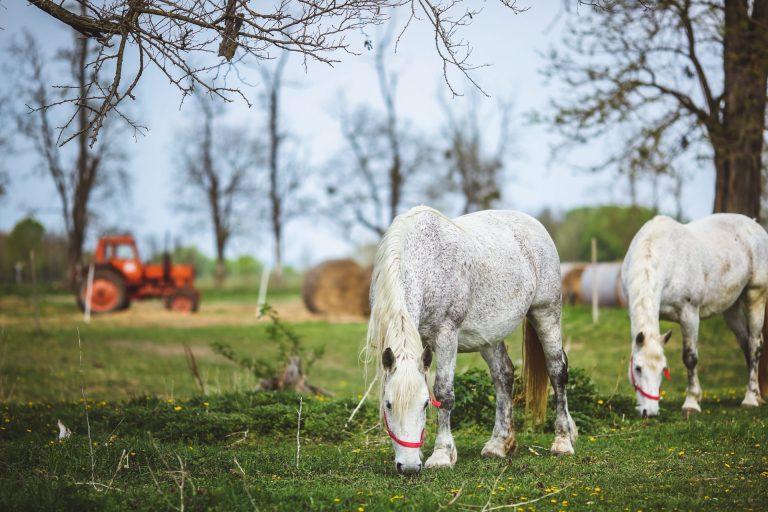High Educational Value
Nationally recognized educational quality at an affordable price.
*Source: ONet Online/U.S. Bureau of Labor Statistics. Unity cannot guarantee employment. Salary data represents averaged earnings for occupations listed and includes workers at all levels of education and experience.

This course involves the study of the different structural systems found in the global spectrum of animals. These differences will be explored via individual examples, comparison between different animals and exploration of the underlying evolutionary relationships among the groups.

This course provides an in-depth look at the design, implementation, and optimization of breeding animals, with a particular focus on conservation of genetic diversity. Students will explore the principles of genetic and breeding productivity, inheritance patterns and genetic drift, as well as the basics of quantitative and molecular genetics.

Students will learn the importance of properly managing the natural environment and built facilities to optimize the health of horses, including concepts related to natural ecosystems, ecosystem services, and beneficial management practices.

Equine Animal Science is the study of horse biology, care, and management. It combines principles of animal science with specialized knowledge in equine anatomy, behavior, nutrition, reproduction, and health. This field prepares students for careers in horse training, farm and stable management, equine-assisted services, and veterinary support. It also emphasizes responsible breeding, sustainable facility operations, and the ethical treatment of horses across diverse equine industries, from recreation to therapy.
The BS in Equine Animal Science offers a specialized education focused on the unique needs and management of horses and other equines. This program applies principles of animal biology, chemistry, nutrition, and physiology to the study of their breeding and genetics, growth, behavior, and management within the diverse equine industry. Students will develop a strong understanding of equine-specific care, training, and management practices, preparing them for careers in stable management, equine health, and other equine-related professions, as well as for advanced studies in equine science or veterinary medicine.
Your online education should be affordable and manageable. Thanks to our promise to keep tuition flat through 2030, you won’t be burdened with unexpected increases or fees.
Our team of Distance Education concierges will work with you through the admissions process to help you plan and pay for your degree. Learn more about the costs here.
Our comprehensive 120-credit program can be tailored to fit your schedule and goals! Completion time is flexible, determined by the number of credits you choose to take each term (8 terms/year) and less time with transfer credits. Without transfer credits, you can anticipate the following completion times:
General Education Core: 36 credits
Environmental Professional Core: 13 credits
Elective Courses: 32 credits
Program Core: 39 credits
For course requirements and a better look into your program, view our full course catalog. Then apply online for free to get started.
The equine animal science degree requires 120 credits. You may transfer in up to 90 credits from outside institutions. View our full course catalog for a better look into your program. Then apply online for free to get started.
Nationally recognized educational quality at an affordable price.
Committed to sustainable practices to prepare for a future of environmental awareness.
Dedicated to turning career and academic aspirations into tangible achievements.
Accepting up to 90 transfer credits to graduate sooner and save money.
Connect with experts who share your passion for working in the animal industry.
Ranked #1 independent university in the U.S. by the Social Mobility Index.
With up to 8 terms a year, you can take a break without jeopardizing financial aid.
Balance life, work, and education by studying when and where you want